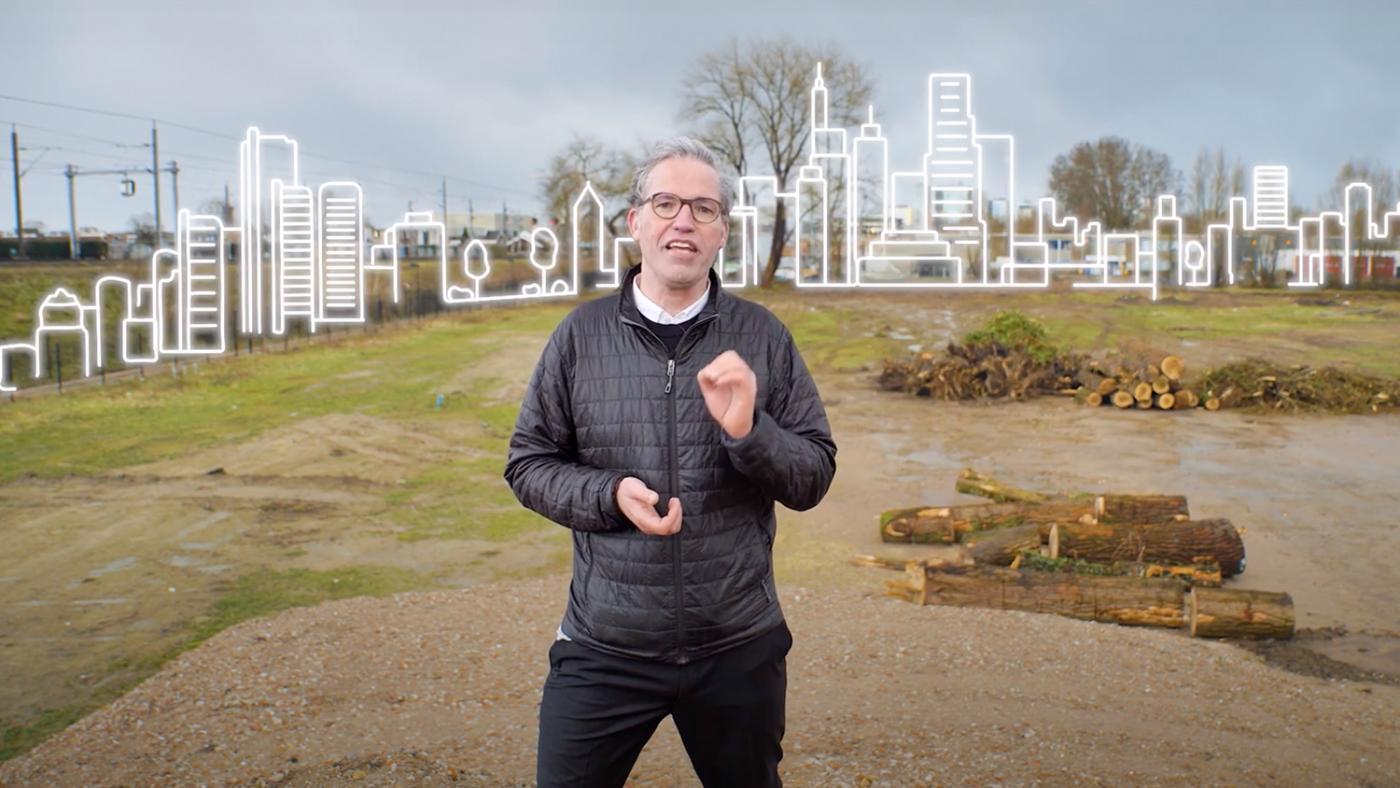Sign of appreciation: 10,000 euros for science communication

While the amount may pale in comparison to most research grants, the Ministry of Education Culture and Science – along with the relevant funding bodies and administrators – wants to highlight how the efforts of researchers will be recognised and rewarded in the future.
Researchers have always been judged by the level of research they generate, which means that teaching and efforts to disseminate knowledge beyond the academic world have often been undervalued.
Enriching research
The current payments are designed to honour the latter. Groups of at least three researchers were invited to prove that they were making a structural contribution to science communication. They also had to submit a plan to extend or improve their contribution in this area.
One of the recipients was ParkinsonTV, a project which shares news about Parkinson’s disease with patients and other interested parties. TU Delft’s SenseLab was also rewarded for enabling people to experience how differences in light, sound, air quality and temperature can alter their perception of a space. Other researchers have been recognised for telling schoolchildren about their profession.
One-off incentive
No less than 96 applications were received from 62 faculties across every university in the Netherlands. Only five applications were turned down. According to KNAW, even those five showed promise but failed to meet the specific requirements.
The organisation is quick to point out that the grants are a one-off incentive. There are no plans to repeat this in the foreseeable future. However, the Dutch Research Agenda does offer funding for science communication, looking to harness scientific knowledge for the greater social and economic good.